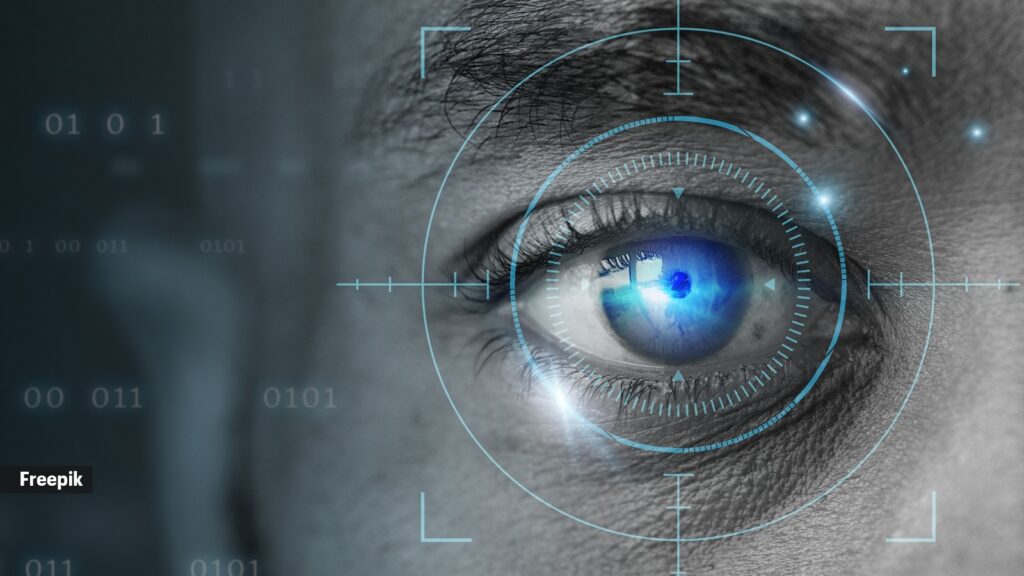970x125
LASIK eye surgery has long been promoted as a life-changing solution for individuals who are tired of wearing glasses or contact lenses. But a growing chorus of voices, including from within the medical community, is raising concerns about its long-term safety.
970x125
Dr Cynthia MacKay, an eye surgeon at Columbia University, is one of those sounding the alarm. In a recent podcast appearance, where she was seen in conversation with YouTuber Alex Clark, she claimed that LASIK doesn’t necessarily help people see better — in fact, it can leave them worse off.
Dr Mackay said, “The FDA is not taking care of the health of the public. They are not warning about the dangers of LASIK.” She added, “After 7-8 years, 44% of people lost the ability to see at a distance. You lose something called contrast sensitivity, which is the ability to see subtle shades of grey, and that’s in 100% of the people.”
The ophthalmologist asserted that the procedure is essentially “taking a healthy eye and making it sick,” adding that there are “late complications” that can show up even 25 years later.” Finally, she warns, “Don’t have repeat LASIK. Many ophthalmologists feel exactly the way I do. LASIK doesn’t make you see better; it always makes you see worse.”
Dr MacKay claims that LASIK takes a healthy eye and makes it sick. Is there any truth to this statement?
Dr Devaprasad G, senior consultant at M.C.Modi Eye Hospital, Bangalore, tells indianexpress.com, “From an ophthalmological standpoint, it would be inaccurate to say that LASIK universally turns a healthy eye into a sick one. However, LASIK indeed alters the corneal structure permanently. This change can, in some individuals, lead to complications such as dry eyes, night vision issues, or even visual disturbances like glare and halos. These effects vary depending on the individual’s ocular anatomy, healing response, and pre-existing conditions.”
He adds that while the vast majority of patients experience improved vision and high satisfaction, LASIK is not without risks. “Ophthalmologists must screen patients thoroughly, explain all possible outcomes, and ensure they are suitable candidates. Informed consent must go beyond immediate surgical risks to include discussions around potential long-term effects,” he stresses.
Ability to see distant objects clearly and the impact on contrast sensitivity over time
LASIK reshapes the cornea to correct refractive errors, Dr Devaprasad G states, which generally results in improved distance vision shortly after the procedure. However, as the eye naturally ages, other changes such as lens stiffening (presbyopia) or the development of cataracts may still occur, independent of LASIK. These can affect distance vision over time, but not as a direct result of the procedure itself.
“Regarding contrast sensitivity, some patients do report a mild reduction, especially under low-light conditions. While this tends to improve during the initial healing period, a small subset may notice lingering issues. Long-term studies suggest that contrast sensitivity stabilises for most people, but it is a point that should be addressed clearly during the pre-operative consultation,” explains the doctor
Story continues below this ad
Long-term or delayed complications
Though LASIK has been in use for more than two decades, extremely long-term data is still evolving. Dr Devaprasad G notes, “Most known complications arise within the first year post-surgery, such as dry eyes, corneal ectasia, or flap-related issues. However, some delayed concerns, like progressive corneal weakening or changes in visual quality, have been observed in a small number of cases.”
What is often under-discussed is how LASIK may influence future eye care. “For example, post-LASIK corneas can complicate cataract measurements or other surgical procedures down the line. Patients should be informed not just about the initial recovery and expected visual outcomes, but also how the procedure may shape their lifelong eye health and future interventions,” concludes Dr Devaprasad G.
DISCLAIMER: This article is based on information from the public domain and/or the experts we spoke to. Always consult your health practitioner before starting any routine.
970x125

